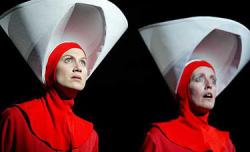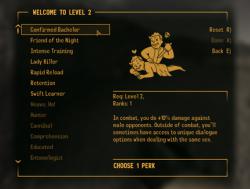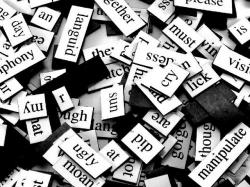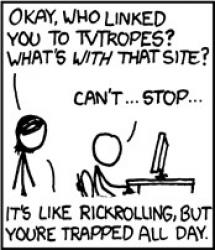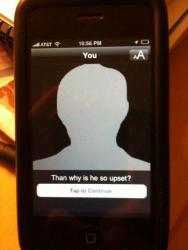
I am teaching a literature course next term (African American Literature and Culture). Thankfully, when I teach in the fall, I will be in the Digital Research and Writing Lab (DWRL). However, unlike a research-based writing class, literature classes do not seem as easily tailored towards the digital tools we have available. Thus, I’d like to take this blog post as an opportunity to throw out some of the ideas I have for class projects and activities.

